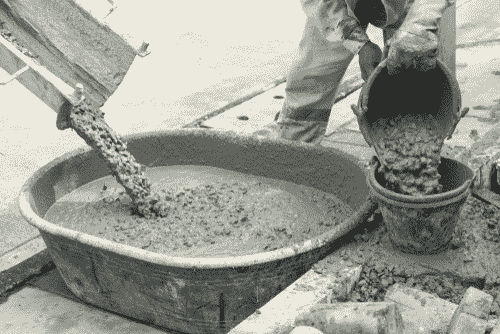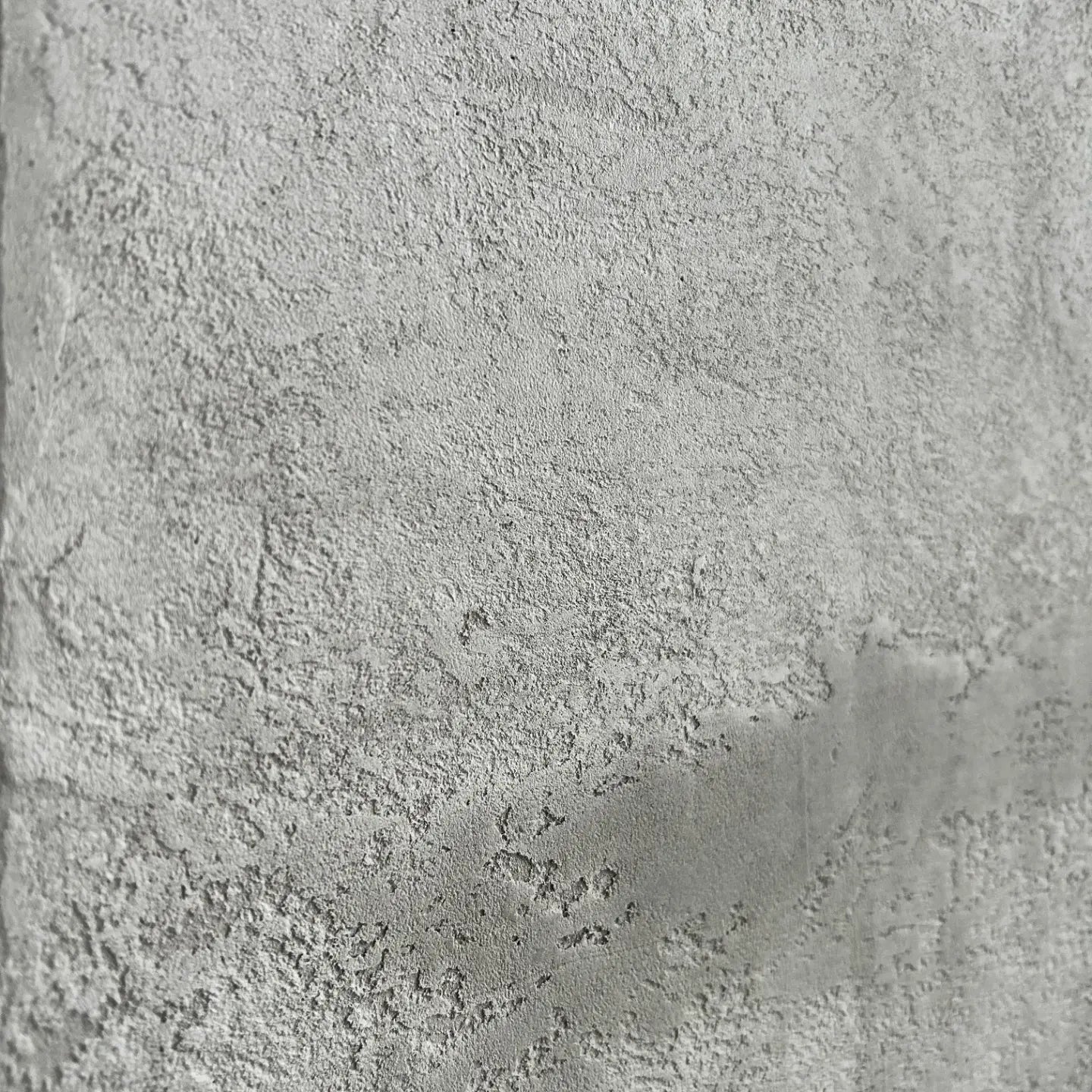High-Quality Concrete Providers: Durable Solutions for Your Construction Demands
High-Quality Concrete Providers: Durable Solutions for Your Construction Demands
Blog Article
Unveiling the Eco-Friendly Advantages of Making Use Of Recycled Concrete in Sustainable Building Practices
In the realm of sustainable building practices, the use of recycled concrete stands as a crucial yet often underestimated source. Past its traditional applications, recycled concrete offers a myriad of environment-friendly benefits that extend much past the confines of conventional construction materials.
Environmental Advantages
Undoubtedly, among one of the most considerable benefits of using recycled concrete is its positive effect on the setting. By integrating recycled concrete into building and construction techniques, there is a considerable reduction in the demand for brand-new resources, resulting in conservation of natural deposits. This procedure helps in preserving aggregates, water, and energy that would have been made use of in generating brand-new concrete. Furthermore, making use of recycled concrete decreases the quantity of waste being sent out to land fills, thereby decreasing environmental air pollution and relieving the pressure on garbage dump abilities.

In contrast, recycled concrete has a reduced carbon impact as it reduces the need for brand-new concrete manufacturing. In general, the environmental benefits of using recycled concrete are considerable and play a crucial duty in promoting environmentally friendly building approaches.
Cost-Efficiency
Accomplishing cost-efficiency is a critical factor to consider when analyzing the use of recycled concrete in building and construction jobs. One of the crucial benefits of using recycled concrete is its cost-effectiveness compared to standard concrete.
Additionally, using recycled concrete can result in cost savings in land fill costs by drawing away concrete waste from disposal sites. This not only reduces the environmental impact yet additionally eliminates the prices connected with waste removal. The longevity and performance of recycled concrete are equivalent to standard concrete, guaranteeing that price financial savings do not endanger the quality of the building and construction.
Resilience and Stamina
Recycled concrete deals similar, if not remarkable, toughness and stamina residential or commercial properties to conventional concrete - Concrete. Via improvements in handling techniques and high quality control, recycled concrete can satisfy or exceed the efficiency standards of conventional concrete.

Waste Reduction
Effective waste decrease practices play a vital function in the sustainable application of sources within the construction industry. When it concerns making use of recycled concrete, waste reduction is an essential advantage that adds considerably to environmental preservation. Traditional building methods usually generate substantial quantities of waste, especially in the kind of concrete debris from demolition YOURURL.com sites. By including recycled concrete right into building projects, this waste is repurposed and drawn away from landfills, reducing the total environmental impact of building and construction activities.
Recycled concrete not just aids in reducing the quantity of waste that winds additional resources up in landfills but additionally conserves all-natural sources by decreasing the need for new accumulated products. This procedure of waste reduction advertises a circular economic climate within the building and construction sector, where products are reused and reused to develop an extra sustainable industry. In addition, using recycled concrete can cause set you back financial savings for construction jobs, as it is commonly extra cost effective than sourcing and transferring new products. Finally, waste reduction through the application of recycled concrete is an important element of sustainable construction methods that benefits both the building and construction and the environment industry as a whole.
Power Conservation
When it comes to utilizing recycled concrete in construction, substantial power financial savings are attained compared to conventional concrete production. The process of creating recycled concrete involves reusing and squashing existing concrete materials, which consumes less energy than mining, processing, and moving raw products for new concrete manufacturing.
Final Thought
In verdict, the application of recycled concrete in lasting building and construction methods offers countless environmental advantages, cost-efficiency, longevity, stamina, waste decrease, and power conservation. By integrating recycled concrete into building projects, we can add to an extra sustainable and ecologically pleasant future. It is essential for the building industry to prioritize the usage of recycled products to help advice in reducing the ecological effect of building and construction activities.
One of the key advantages of using recycled concrete is its cost-effectiveness contrasted to standard concrete.In addition, the usage of recycled concrete can lead to savings in garbage dump prices by drawing away concrete waste from disposal sites. The durability and efficiency of recycled concrete are equivalent to conventional concrete, making certain that cost savings do not jeopardize the top quality of the building.

Report this page